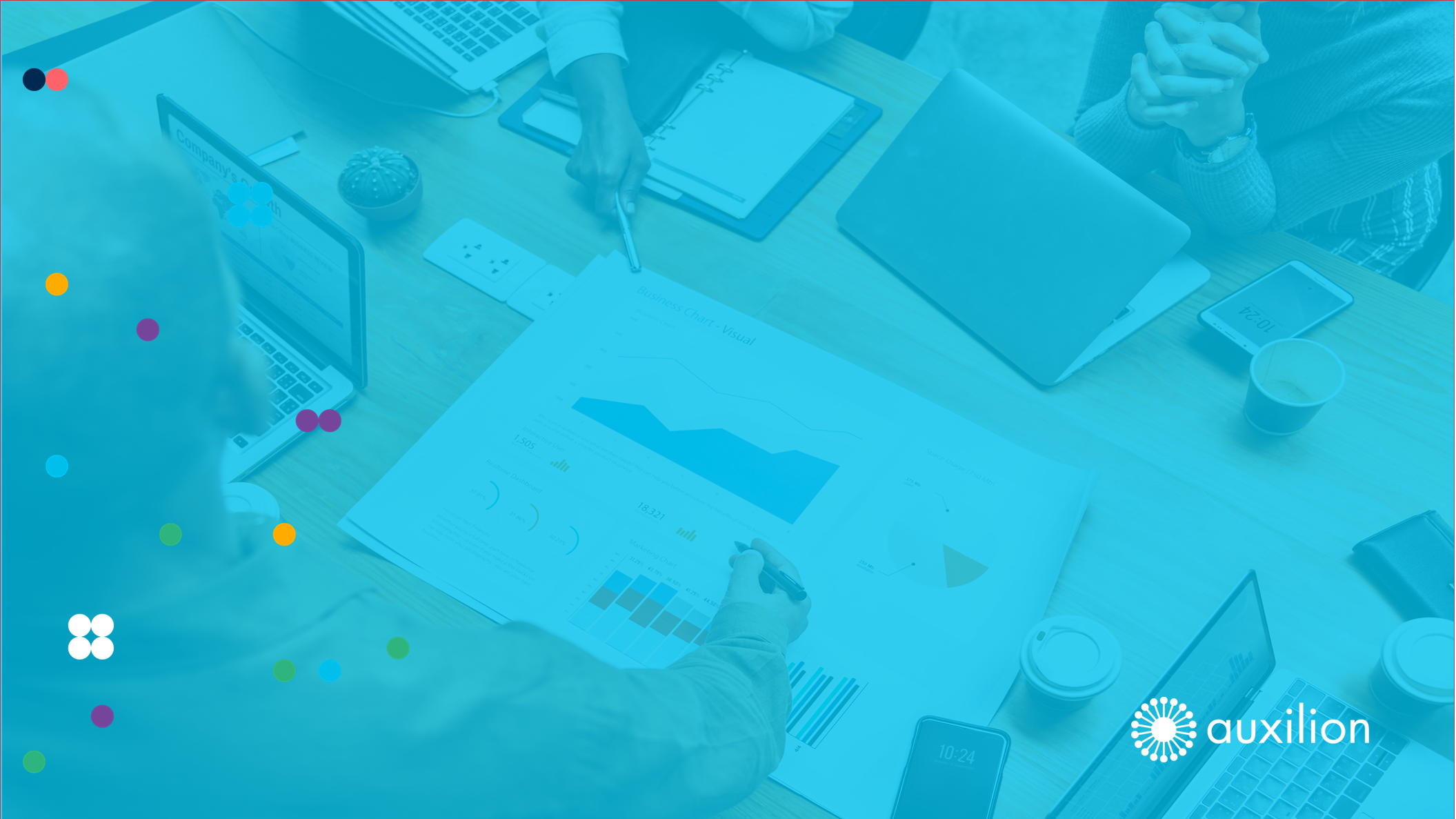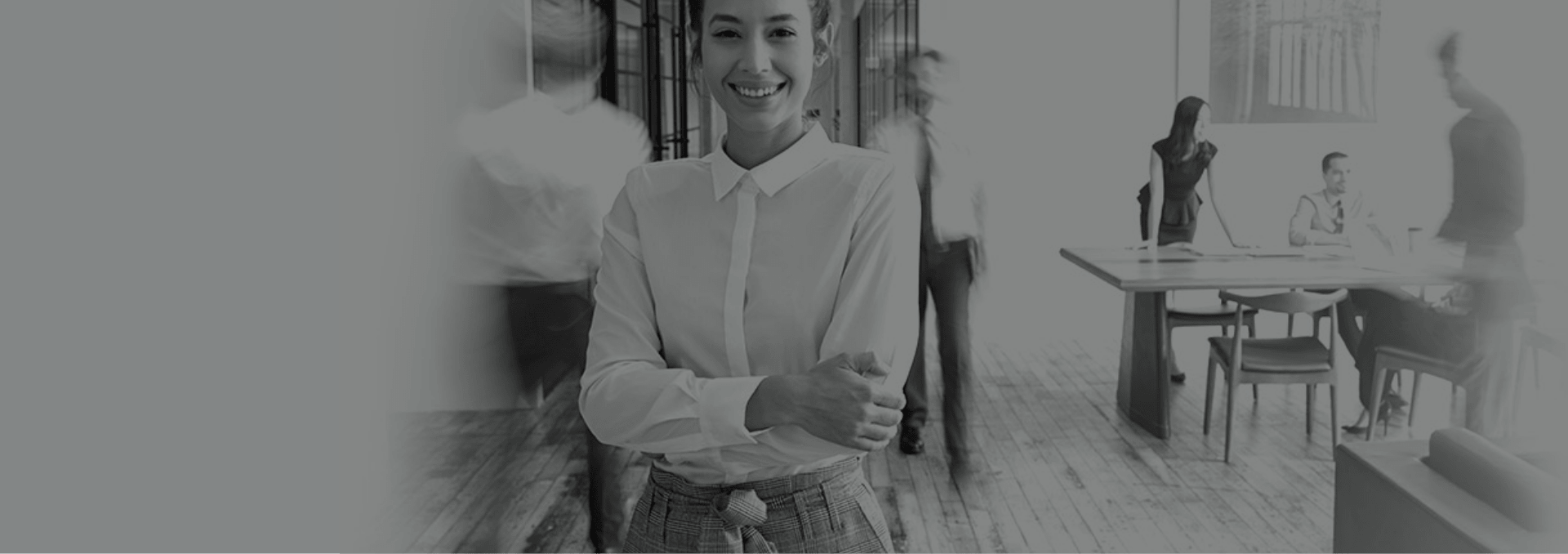How Modern Workplace Solutions Can Unlock Efficiency & Collaboration in Business
Modern workplace solutions can unlock efficiency and collaboration, providing businesses in Ireland and the UK with innovative tools and technologies to streamline operations and empower employees. In this blog, we'll provide an overview of how modern workplace services, including digital transformation, Microsoft Modern Workplace integration, and cloud-based solutions are reshaping how businesses operate in today's dynamic working environment.
What are Modern Workplaces?
Modern workplaces are dynamic, agile environments that leverage technology and innovation to optimise productivity, foster collaboration, and enhance employee satisfaction. These workplaces prioritise flexibility, mobility, and connectivity, enabling employees to work any time, anywhere, and on any device. From cloud-based collaboration tools to remote work solutions, modern workplaces empower organisations to adapt to changing market conditions and stay ahead of the curve.
Why Microsoft Modern Workplace?
Microsoft Modern Workplace is synonymous with innovation, integration, and empowerment. With Microsoft 365 at the helm, the Modern Workplace ecosystem offers a comprehensive suite of tools and services designed to streamline workflows, enhance communication, and drive collaboration. From Microsoft Teams for real-time collaboration to SharePoint for document management, Microsoft Modern Workplace provides businesses with the foundation they need to grow and succeed.
The Difference Between a Modern Workspace & Workplace
While often used interchangeably, there is a distinction between modern workspace and workplace. A workspace refers to the physical environment where work is conducted, encompassing office design and layout, location, and amenities.
On the other hand, a modern workplace encompasses the broader concept of work, including the tools, technologies, and cultures that shape how work is executed and managed. This also includes the remote or hybrid working environments which are increasingly prominent in today's workplaces.
The Difference Between a Traditional & Modern Workplace
The difference between traditional and modern workplaces lies in their approach to work, technology, and culture. Traditional workplaces may rely on hierarchical structures, fixed office hours, and rigid processes, whereas modern workplaces prioritise flexibility, agility, and innovation. Modern workplaces leverage technology to enable remote work, streamline workflows, and enhance collaboration, while traditional workplaces may be slower to embrace new technologies and ways of working.
|
Traditional Workplace |
Modern Workplace |
|
|
Modern Workplace Cultures in 2024
Modern work culture is characterised by flexibility, autonomy, and collaboration. It prioritises work-life balance, employee wellbeing, and diversity, fostering a culture of trust, innovation, and continuous improvement.
Unlike traditional work cultures, which may be hierarchical and rigid, modern work cultures embrace change, diversity, and inclusivity, recognizing that innovation thrives in environments where individuals are empowered to contribute their unique perspectives and talents.
How is the Modern Workplace Changing?
The modern workplace is constantly evolving, driven by technological advances, changing demographics, and shifting consumer expectations. With the rise of remote work, flexible schedules, and digital transformation initiatives, the modern workplace is becoming more decentralised, collaborative, and connected than ever before. Organisations are embracing agile methodologies, cloud-based technologies, and data-driven insights to adapt to this changing landscape and stay competitive in the digital age.
What is the New Style of Working?
The new style of working is characterised by flexibility, collaboration, and agility. It has evolved beyond traditional notions of 9-to-5 office hours, enabling employees to work when and where they're most productive.
A successful modern workplace embraces remote work, digital collaboration tools, and outcome-based performance metrics, empowering employees to take ownership of their work and contribute to organisational success on their own terms. In this new style of working, the emphasis is on results, not hours logged in the office.
Modern Workplace - The Auxilion Way
The modern workplace isn't a fixed destination; it's a journey towards greater efficiency, collaboration, and innovation. By embracing modern workplace solutions, businesses in Ireland and the UK can adapt to the changing demands of the digital age, empower their employees, and drive sustainable growth.
At Auxilion, we're committed to helping businesses navigate this journey and harness the full potential of modern workplace services to achieve their goals and thrive in today's dynamic business landscape.
Auxilion Business Process Improvement
Auxilion’s approach to Robotic Process Automation (RPA) focuses on three categories of business process improvement:
- Business Process Optimisation
- Business Process Orchestration
- Business Process Operations
Our teams which provide these services are led by seasoned Business Process Consultants supported by Digital Business Analysts, Modern Workplace Technicians, Technical Data Architects and Process Operators.
Auxilion’s teams put the Business Process at the heart of all activity, with IT systems in support- not the other way around. The processes are business-owned and efficiencies (Optimisation) and effectiveness (Orchestration) are actively managed through the DMAIC framework, Orchestration Tooling, Digitisation and Process Automation solutions.
These solutions can then be passed to the Operations teams who integrate with the Client Business Operations and work to run and continuously improve and develop these efficiencies.
If you'd like to learn more about Auxilion Modern Workplace, contact hello@auxilion.com
Related Articles:
- Modern Workplace Tools For Employee Onboarding
- Employee Onboarding Timelines In Modern Workplace
- Employee Onboarding In Modern Workplace








